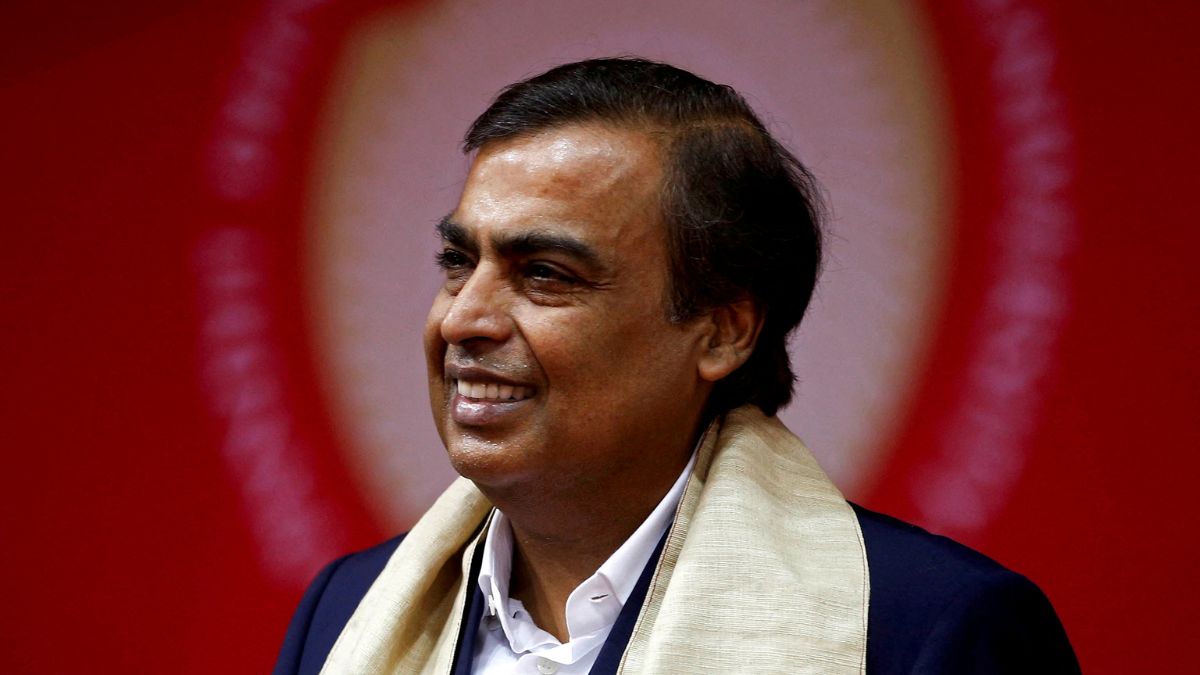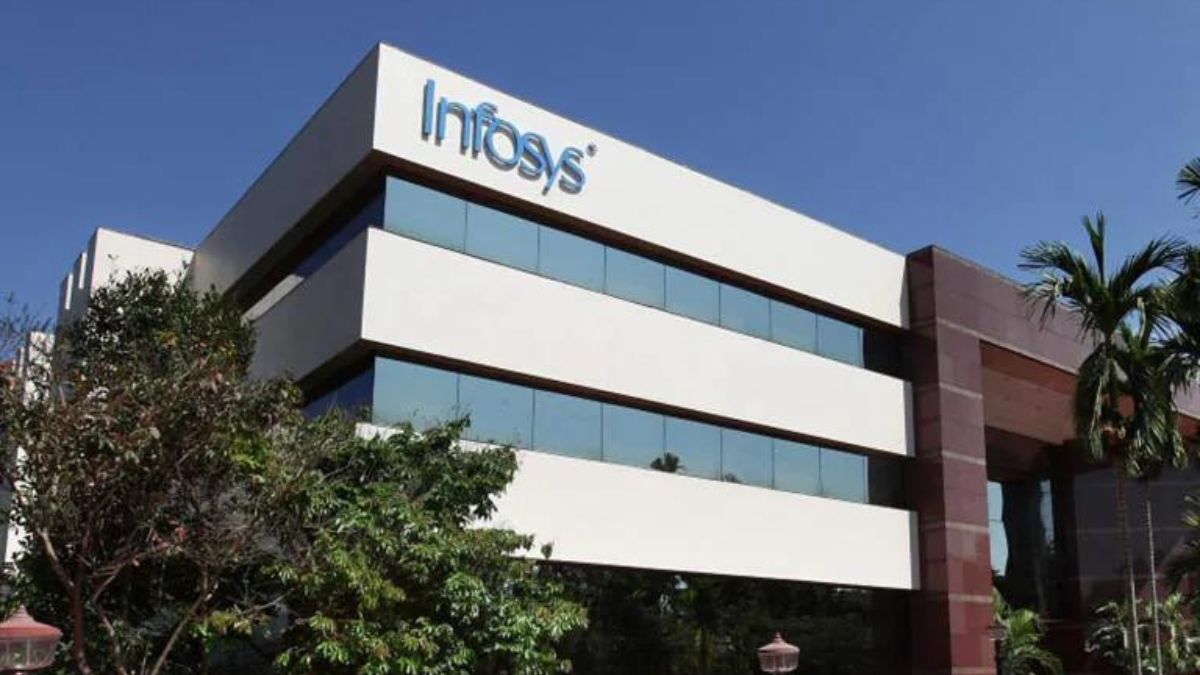The overall budget allocation for the education sector has gone down by over Rs 9,000 crore. The Centre has allocated over Rs 1.20 lakh crore to the Ministry of Education for 2024-25 as against revised estimate of over Rs 1.29 lakh crore in the previous financial year. read more
)
The budget for Indian Institutes of Technology (IITs) has also seen a marginal dip from the RE last year. The grant to the top technology institutions has dropped from RE of Rs 10,384.21 crore to Rs 10,324.50.
The Centre announced on Tuesday financial support for loans up to Rs 10 lakh for higher education in domestic institutions, while also reducing the grant for the higher education regulator UGC by over 60 per cent.
According to the Union Budget, the allocation for Indian Institutes of Management (IIMs) has been cut for the second consecutive year. While the budget for school education has increased by over Rs 535 crore, the grant for higher education has been slashed by over Rs 9,600 crore from the previous fiscal year’s revised estimate (RE).
Overall, the budget allocation for the education sector has decreased by over Rs 9,000 crore. The Centre has allocated over Rs 1.20 lakh crore to the Ministry of Education for 2024-25, compared to the a revised estimate of over Rs 1.29 lakh crore in the previous financial year.
Presenting the budget for 2024-25 in Parliament, Union Finance Minister Nirmala Sitharaman said that financial support will be provided for loans up to Rs 10 lakh for higher education in domestic institutions.
She said e-vouchers for this purpose will be given directly to one lakh students every year with interest subvention of 3 per cent of the loan amount.
”For helping our youth who have not been eligible for any benefit under govt schemes and policies, the government will provide financial support for loans up to Rs 10 lakh for higher education in domestic institutions. E-vouchers for this purpose will be given directly to one lakh students every year with interest subvention of 3 per cent of the loan amount,” Sitharaman said.
Union Education Minister Dharmendra Pradhan said the series of comprehensive and concrete measures announced by the finance minister will be a ”win-win for all stakeholders — students, academia and industry”.
”This is going to fulfil aspirations of our youth, empower people with more livelihood opportunities, increase accessibility to quality education and skills and is also going to create over 4.1 crore new jobs in the next five years,” Pradhan said .
The budget for research and innovation in educational institutions has gone up by Rs 161 crore. Similarly, the allocation for World Class Institutions has gone up from Rs 1,300 crore (RE) to Rs 1,800 crore.
The funding for the University Grants Commission (UGC) has been brought down to Rs 2,500 crore from the previous year’s RE of Rs 6,409 crore, a 60.99 per cent drop. The same was slashed in the interim budget presented by the government.
The IIMs, counted among the noted business schools in the country, have faced a cut in the budget for the second year in a row. Last year, the budget for IIMs was slashed from Rs 608.23 crore (RE) to Rs 300 crore. This year it has been further reduced to Rs 212 crore from the revised estimate of Rs 331 crore.
The budget for Indian Institutes of Technology (IITs) has also seen a marginal dip from the RE last year. The grant to the top technology institutions has dropped from RE of Rs 10,384.21 crore to Rs 10,324.50.
However, the support grant for central universities has increased by over 28 per cent. The budget for central universities has been increased to Rs 15,472 crore from RE of Rs 12,000.08 crore.
In school education, Kendriya Vidyalayas, Navodaya Vidyalayas, NCERT, PM Shri schools and grants-in aid to state governments and governments of Union territories have seen a rise in the budget allocation.
Upgrading 1,000 Industrial Training Institutes (ITIs) in hub and spoke model, aligning course content with skill needs of industry and revision of model skill loan scheme, are among the measures announced by the finance minister for the skill development sector.
She said, ”One thousand ITIs will be upgraded in hub and spoke model, course content and design will be aligned to the skill needs of industry and new courses will be introduced for emerging needs. I am happy to announce a new centrally sponsored scheme for skill development in which 20 lakh youth will be skilled over a period of five years.”
”The model skill loan scheme will be revised to facilitate loans up to Rs 7.5 lakh with a guarantee from government promoted fund…this measure is expected to help 25,000 students every year,” Sitharaman added.
Dr Jaskiran Arora, Dean of education quality at BML Munjal University said “The budget marks a pivotal moment for India’s education sector, reflecting a robust commitment to enhancing opportunities for the youth. The allocation of Rs. 1.48 lakh crore for education, employment, and skilling underscores a strategic shift towards holistic development. The introduction of financial support for loans up to ₹10 lakhs for higher education, particularly for those excluded from existing government schemes, is a game-changer. The e-vouchers offering a 3% annual interest subvention for one lakh students will make higher education more accessible and affordable, potentially transforming countless futures.
The proposal to open working women hostels in collaboration with industry underscores a strong commitment to supporting female workforce participation and creating a more inclusive environment for women, he said.
The budget’s focus on upskilling, with a revised Model Skilling Loan scheme and the upgrading of 1,000 industrial training institutes, reflects a clear intent to enhance employability, he said, adding that by aiming to skill 20 lakh youth over the next five years, this budget sets the stage for a more skilled, competitive workforce, ultimately driving economic growth and innovation”
“I am glad to see that the allocation for education has gone up by over 10% compared to last year. While we’re still short of the 6% allocation from the overall budget that most OECD countries adhere to and has been recommended by the new education policy, it certainly is a step in the right direction. It is interesting to see that skilling of young students and ensuring that they are future-ready and employable is a major consideration within the new policies and schemes that have been announced,” said Ravi Bhushan, founder & CEO, of BrightCHAMPS.
Gaurav Jalan, Founder & CEO, mPokket, said, “Be it the youth, women, MSMEs, start-ups, employment or other key aspects, the FY2024-25 Budget has generated a feel-good factor by announcing measures that benefit most stakeholders in some way or the other.
For instance, the announcement of five schemes with an overall allocation of Rs1.48 lakh crore for education, skilling and employment initiatives will benefit all the above segments. Additionally, a new skilling scheme sponsored by the Centre over five years will benefit two million youth, he said.

 1 month ago
36
1 month ago
36
)
)
)
)
)
)
)
)
)
)
)
)
)
)
)
)
)
)
)
)
)
)
)
 English (US) ·
English (US) ·